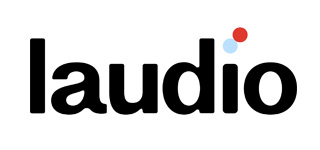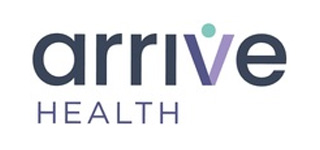In the age of clinically integrated networks, health systems still struggle to maintain up-to-date and accurate provider directories. Many organizations are outsourcing that task. UC San Diego (UCSD) Health has joined UC Irvine (UCI) Health in taking advantage of a software-as-a-service solution that is now available in Epic’s App Orchard.
UCI and UCSD share an instance of Epic’s EHR and partner on delivering Epic to their providers. Sri Bharadwaj, chief information security officer for UCI Health, described some of the challenges their health systems face in tracking referring physicians.
UCI used to have a siloed database that it needed to keep updating as physicians moved or changed offices. “We struggled with this for quite some time,” Bharadwaj said. “It led to information not being delivered accurately. For instance, if the physician does not have a Direct address, we would send information to a fax number, but the fax number might have changed or the physician might have moved, and we would have no idea,” he said. When the patient visits, the physician is looking for clinical information to act upon and it never reaches that physician.
“We have a city here in California called Westminster with lots of Vietnamese immigrants. In fact, it is known as the overseas Vietnamese capital of the world,” Bharadwaj said. “There might be six physicians there named Dr. Nguyen in three buildings adjacent to each other. It is very difficult to find out which Dr. Nguyen saw which patient. How do we pull together that information on primary care providers? We used to manually update the data internally, when we had time to get to it. But we needed more accurate information. It helps us build the bridge between the community docs and UCI.”
To address these issues, UCI turned to a company called Phynd Technologies, which focuses on building provider directories and whose cloud-based software can be integrated with the Epic environment. “The bidirectional integration with Epic will ensure that provider, specialty, location, health plan and other information in Epic is always accurate and up-to-date,” Bharadwaj said.
As it describes on its listing in the Epic App Orchard, the Phynd Provider Enrollment app enables health systems to search 4.2 Million Phynd Provider Profiles and find and enroll provider profiles directly into Epic’s Hyperspace. The Phynd Provider Enrollment app is delivered as an HTML-based widget launched directly from within a user’s workflow in Hyperspace. The app contains a search capability that enables users to search and find providers based on name, addresses, specialties and other search criteria. Once the user identifies the appropriate provider in Phynd, they are able to review the Provider Profile, and then directly enroll the provider into their Epic provider directory. Phynd Provider Profiles consist of curated content from national and state resources, including NPI, state license boards, DEA license data and verified board certifications.
As Healthcare Innovation Managing Editor Rajiv Leventhal described in an August 2018 article, Phynd’s platform is a cloud-based solution, hosted by Amazon, with two main elements to its provider data management equation. “One is that it enables clients to consolidate, synthesize and integrate their existing data—so taking information from their EHRs and credentialing systems—because that information is often redundant, conflicting and not complete, explained Peter White, chairman and chief product officer at Phynd Technologies. The vendor also maintains an independent database of more than 4 million provider records that it aggregates internally. And then, noted White, there is a blending of these two worlds—external and internal data—that is pulled into a single-source-of-truth record.” Health systems can then share that back out with their internal systems, their EHRs, and their credentialing systems, White said.
Other Phynd customers include Yale New Haven Health System, Duke Health, UNC Health Care, University of Michigan, Orlando Healthcare, Kettering Healthcare and Houston Methodist.
The provider directory effort is really about patient engagement and patient care, Bharadwaj stressed. “At the end of the day, we are all about patient care. Having the information accurate in our environment helps the patient tremendously. It delivers the clinical data required by the family care physician to ensure that the patient adheres to the care plan developed by the specialist doc. We have built mobile and wayfinding apps and a nursing home compare app; when you do things like that, making sure you are getting the right information to the right people is extremely critical.”
There is still a need for a nationwide provider directory, Bharadwaj noted. “We have been advocating for that through CHIME and HIMSS for years. That need is not new. It does take time, however, because of the fragmented nature of healthcare. It is going to happen, but it is going to take a while to get there.”



